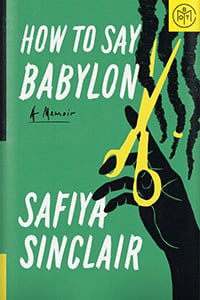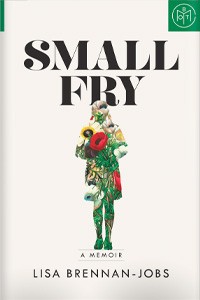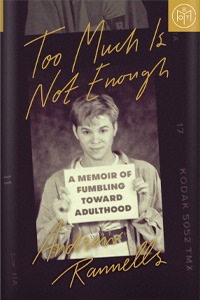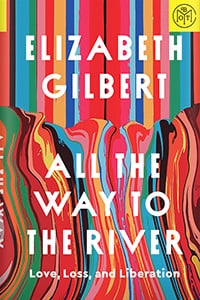

Memoir
Aftershocks
by Nadia Owusu
View audiobook
Save $ with BOTM.
Quick take
Complex and poetic, this memoir is an unwavering exploration of history, trauma, and the ways our families shape us.
Good to know
Heavy read
International
Literary
Writer’s life
Synopsis
Nadia Owusu grew up all over the world—from Rome and London to Dar-es-Salaam and Kampala. When her mother abandoned her when she was two years old, the rejection caused Nadia to be confused about her identity. Even after her father died when she was thirteen and she was raised by her stepmother, she was unable to come to terms with who she was since she still felt motherless and alone.
When Nadia went to university in America when she was eighteen she still felt as if she had so many competing personas that she couldn’t keep track of them all without cracking under the pressure of trying to hold herself together. A powerful coming-of-age story that explores timely and universal themes of identity, Aftershocks follows Nadia’s life as she hauls herself out of the wreckage and begins to understand that the only ground firm enough to count on is the one she writes into existence.
Read a sample
Get an early look from the first pages of Aftershocks.
Why I love it
Matt Ortile
Author, The Groom Will Keep His Name
2020 was a difficult year. Between the pandemic and my grief over my mother’s death, all I sought was comfort, and I looked for it in books—old favorites that offered warmth and friendship and a world without borders. Then I began Nadia Owusu’s memoir Aftershocks. By the end of the first ten pages, the book felt already like one of those favorites, Owusu already like a friend.
To call Aftershocks an “origin story” is too simplistic. As a third-culture kid split between nations and identities (“Ghanaian-Armenian-American” doesn’t even begin to cover it), Owusu recounts not only the physical landscape of her life, but also its emotional terrain. From her absent mother’s reappearances, to her beloved father’s death, to familial revelations that shake her to her core, she envisions past experiences as earthquakes—the moments in her life when she felt as if the planet itself ruptured. What else to do but to measure their magnitudes, to study what came before, and what may come after?
I read this line and had to hide under my desk: “Grieving, I learned, was a process of story reconstruction. I needed to reconstruct a story so I could reconstruct my world.” Grieving, I’ve found, is a lot like immigrating—feeling keenly the loss of something and searching for meaning or solace in the space where there was once a family or a home, a parent or a country. In Aftershocks, Owusu illustrates a life marked by constant upheaval, and how she’s rebuilt after the quakes.























